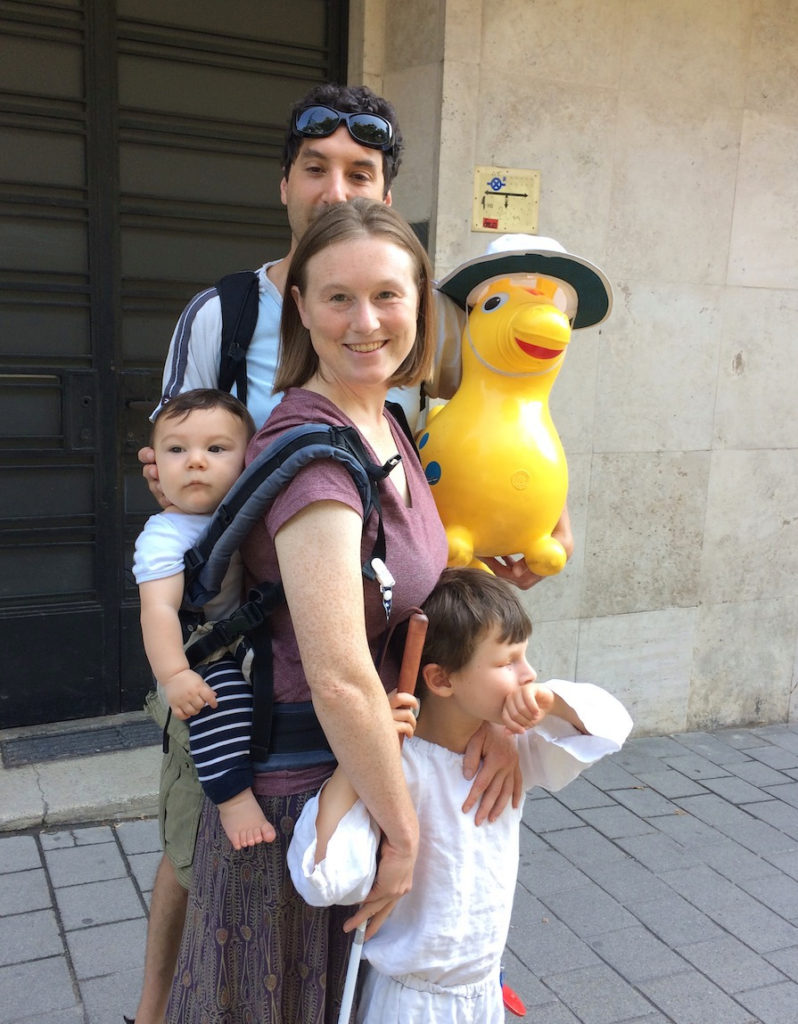Microsoft researcher Dr. Cecily Morrison will discuss keeping AI ‘personal’ at Sight Tech Global
For Dr. Cecily Morrison, research into how AI can help people who are blind or visually disabled is deeply personal. It’s not only that the Microsoft Principal Researcher has a 7-year-old son who is blind, she also believes that the powerful AI-related technologies that will help people must themselves be personal, tailored to the circumstances and abilities of the people they support.
We will see new AI techniques that will enable users to personalize experiences for themselves,” says Dr. Morrison, who is based at Microsoft Research Cambridge and whose work is centered on human-computer interaction and artificial intelligence. “Everyone is different. Having a disability label does not mean a person has the same needs as another with the same label. New techniques will allow people to teach AI technologies about their information needs with just a few examples in order to get a personalized experience suited to their particular needs. Tech will become about personal needs rather than disability labels.”

Dr. Morrison will speak at Sight Tech Global, a virtual, global event on Dec. 2-3 that will explore how AI-related technologies will shape the future of accessibility for people who are blind and visually impaired. The event, which launched on TechCrunch, takes place on Dec. 2-3 and is free to attendees. Pre-register here.
Dr. Morrison is currently involved in several research projects that explore the potential of AI to enable people who are blind or low vision. Project Tokyo, for example, is exploring ways to provide information about the immediate social environment to enhance people’s existing sense-making skills and abilities.
The team works closely with people who are blind or low vision to ensure that the research is grounded in their experience and needs. “It is critical that we imagine what the technologies do for people who are blind and low vision in a way that is empowering. Many blind and low vision people have well developed strategies for making sense of their environments. AI technology must augment these acute sense-making skills, covering information gaps. It is important that technology is not seen as replacing vision, but rather augmenting the information a person already has when going about their lives.”
As the mother to a blind child, Dr. Morrison believes she has gotten “to see the world in a different perspective, taken part in communities that I wouldn’t otherwise have seen or taken part.” That has definitely driven her research. An inclusive design project, Torino, was inspired by the need of blind children to learn to code. What resulted was a physical programming language designed to teach computational thinking and basic programming to children ages 7–11, regardless of their level of vision. The effort led to a spin out project called Code Jumper, which is now commercially available from the American Printing House for the Blind.
REGISTER
2025 Sight Tech Global Registration is free and will open soon.
